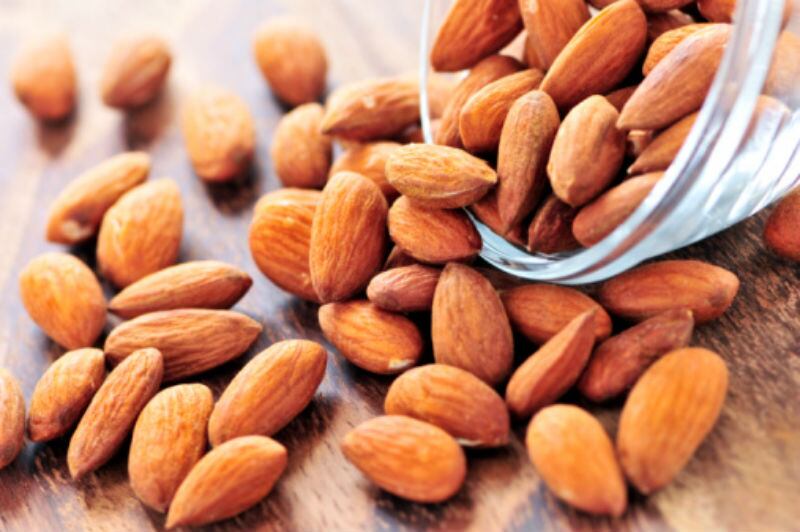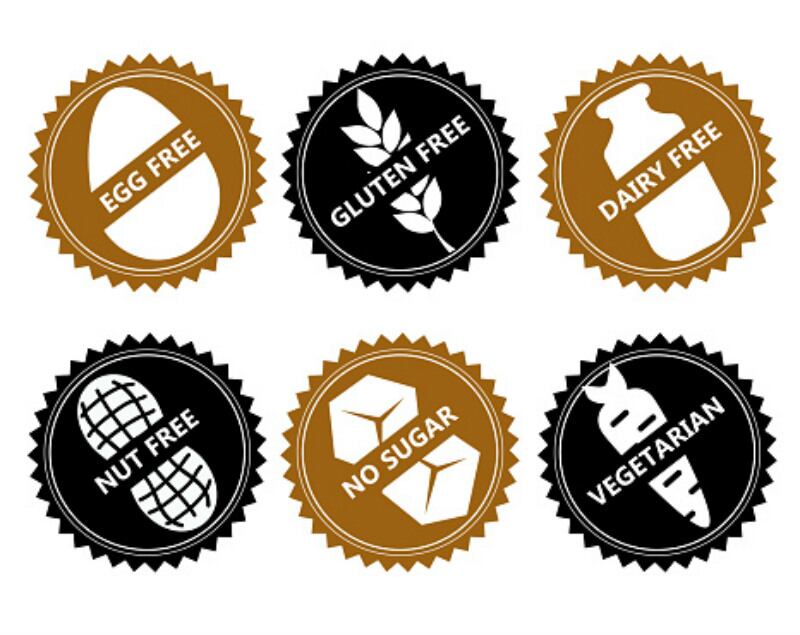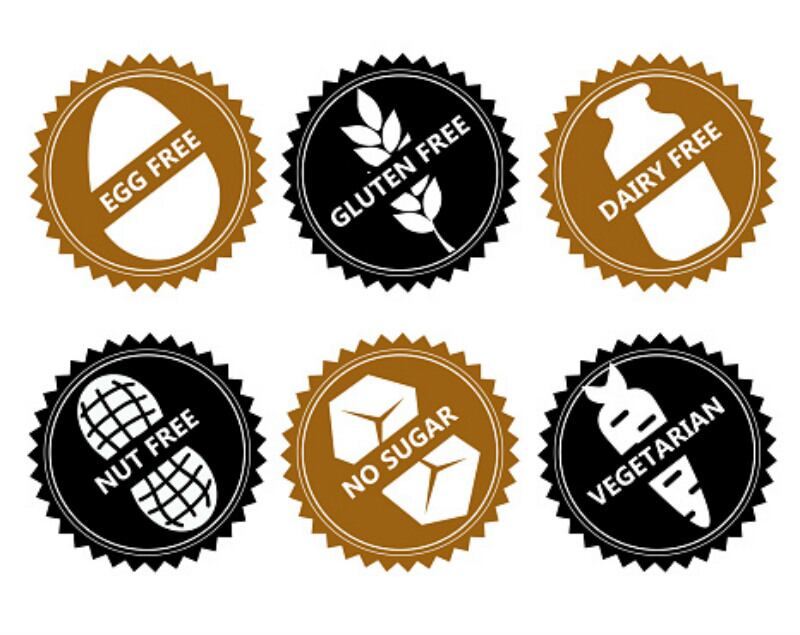The CAA is a government-linked administrative agency under the Japanese Cabinet Office, and is positioned as an independent organisation from any individual ministry tasked with protecting consumer interests.
The announcement of this decision was made by CAA Deputy Director Kiyoshi Takada via a formal statement on the agency’s website.
“Based on this year’s ‘Survey research report on Food Labelling related to food allergies’, [the CAA has] decided to add almonds to the list of ‘Items equivalent to specified raw materials’ (items with allergenic potential),” said Takada.
“[This was based] on the [food allergy results] that were found in relation to almonds in the country.”
The survey was conducted by the Sagamihara National Hospital as commissioned by the Japanese Ministry of Health, Labour and Welfare. Over 4,800 immediate food allergy incidents in Japan were investigated.
According to the report, almonds were the third-highest cause of nut-related allergy cases at 21 (5.3%), behind walnuts at 251 cases (62.9%) and cashew nuts at 82 cases (20.6%).
The most common causes for food-related allergies in Japan were identified as eggs at 34.7%, followed by milk at 22% and wheat at 10.6%.
Tree nuts did not make it into the top three allergens, coming in fourth overall at 8.2%, but the report authors noted a ‘significant’ increase in the number of cases relating to this as compared to 3.3% as recorded in a previous similar report back in 2015.
According to Japanese public broadcaster NHK, prefectural and municipal governments have received notifications about this addition, whereas CAA Director Akiko Ito had said that recommendations will be made to food manufacturers to add almonds to food labels ‘as soon as possible’.
Almonds are the first addition to the allergen list in six years, since cashew nuts and sesame seeds were added in 2013, according to CAA documentation. Shrimp and crab were added in 2008, whereas bananas were added in 2004 based on the results of past similar surveys.
‘Specified raw materials’ and ‘Equivalent’
According to numbers from the Ministry of Health, Labour and Welfare, some 50% of the Japanese population suffer from some sort of allergy or another.
As such, within the country’s Food Labelling Standards seven categories of foods are designated as ‘high-risk’ allergenic items, meaning these are known to be particularly common food allergy triggers and involve many cases or very severe/potentially life-threatening symptoms.
These are: Shrimp, crab, wheat, buckwheat, egg, milk and peanuts. Known as the seven ‘specified raw materials’, it is necessary to label these items as such on the labels of all foods that contain these ingredients.
Previously, there were also 20 other ‘Items equivalent to specified raw materials’, for which labelling is recommended – with the addition of almonds to this list, the total items now stand at 21.
Top tree nut allergens walnuts and cashews are part of this list, as are apple, abalone, banana, beef, chicken, pork, squid, salmon, salmon roe, orange, kiwi, sesame, mackerel, soy beans, matsutake mushroom, peach, Japanese yam, and gelatine.
Allergies in the country are such a concern that in 2018, the Ministry of Health, Labour and Welfare launched a dedicated allergy portal in partnership with the Japanese Society of Allergology opened to help the public navigate around allergy issues.





